|
Is the drought over? Do we still need to conserve water in our homes? Can we go back to watering our gardens? Folks who live in Northern California, where we have been experiencing extreme drought conditions for the past several years, want to know. WINTER RAIN AND SNOWThis past rainy season in Northern California has set many records. We are above average in rainfall. Snowpack in the mountains has reached huge new highs. Groundwater levels are also on the rise, but due to so many years of drought, are still below normal historical levels in most areas. EXTENDED DRY CONDITIONSThe extended drought has heavily impacted the lives of human, plant and animal populations. Over the last several years, low water levels have led to water shortages and restrictions on water use. Less hydrated soils and lower ground water tables have dried out and stressed plants. Dry soils and dried out plants bear less food sources to the populations of wild animals and insects that depend on them. In addition, drought across the west has led to hotter and drier conditions making the fire season in the west more dangerous. The lack of humidity in the air creates conditions where during a fire dry soils pull moisture from the air, creating the firestorm conditions that are becoming more common. LOWER WATER TABLESThe ongoing drought in Northern CA lowered the water table. A lower water table causes a lack of water for trees, grasses and other deeply rooted plants to draw from. As a result of lack of water, death and disease in the plant world has increased. Plants that are so severely dried out, even if they come back, become less resilient to pests and diseases. HYDROPHOBIC SOILSHydrophobic soils are like a dried out sponge. If a water droplet falls on a dried out sponge, it beads up and tries to roll away. However, healthy soils are also like a wrung out sponge. Just like a wrung out sponge that will take a drop of water, and wick it through the entire sponge, soils that are properly saturated will be able to wick water to a wide area, keeping soils well conditioned for plants throughout the seasons. Even though so much rain fell, many areas are still plagued with hydrophobic soils and low water tables. SUPER BLOOMOne of the more fabulous effects of all the water we received this season is the super bloom. We are seeing all over the hills of California. The over 12 different atmospheric rivers that we experienced during the 22-23 winter, allowed the soils in many areas to resaturate and hold moisture during the germination season of our native wildflowers, making it a super bloom this year. The number of flowering plants and green growth seen even in our neighborhoods and on our streets is also a testament to the power of green growth when soils are properly saturated. YOUR GARDEN IS AN ECOSYSTEMDepriving our gardens of water damages the soil, and makes it inhospitable for plants to grow. This is one thing that nature is teaching us about right now. During the drought, we have been encouraged and even legally coerced into saving water by letting your garden dry out. But a dried out garden, with dried out soils is only going to create a situation where the earth becomes hotter and drier Examining the water cycle teaches us that we need plants and trees to transpire, or emit moisture, in order to create clouds. This is how we get our rain. Transpiration can happen when plants are green and full of water. If you have ever walked through a forest on a warm spring day, you would have felt the moisture in the air from the plants transpiring. This is possible because enough rain has fallen to properly soak the ground and allow the plants to grow and transpire. So in order to keep the soils moist enough for plants to grow, the cycle must continue. If we break the water cycle by not watering our plants because we are concerned about conserving water, we are increasing the damaging effects of the drought. Not watering your garden won’t work to conserve water because dry soils don't grow healthy plants. If we don't have healthy plants, we won't have enough transpiration to build clouds to give us rain. If we want to conserve water we must take shorter showers, use water efficiently in the home with our appliances and practices. The best thing to do with water that comes from the tap is to put it into the earth. TO WATER OR NOT TO WATER YOUR GARDEN
0 Comments
Leave a Reply. |
Categories
All
AuthorAndrea Hurd, founder of Mariposa Gardening & Design. Archives
June 2024
|
|
License #1038752
|
Mariposa Gardening & Design
Address: 2323 Broadway Oakland, CA 94612 Mailing Address: PO Box 24072 Oakland, CA 94623 [email protected] |

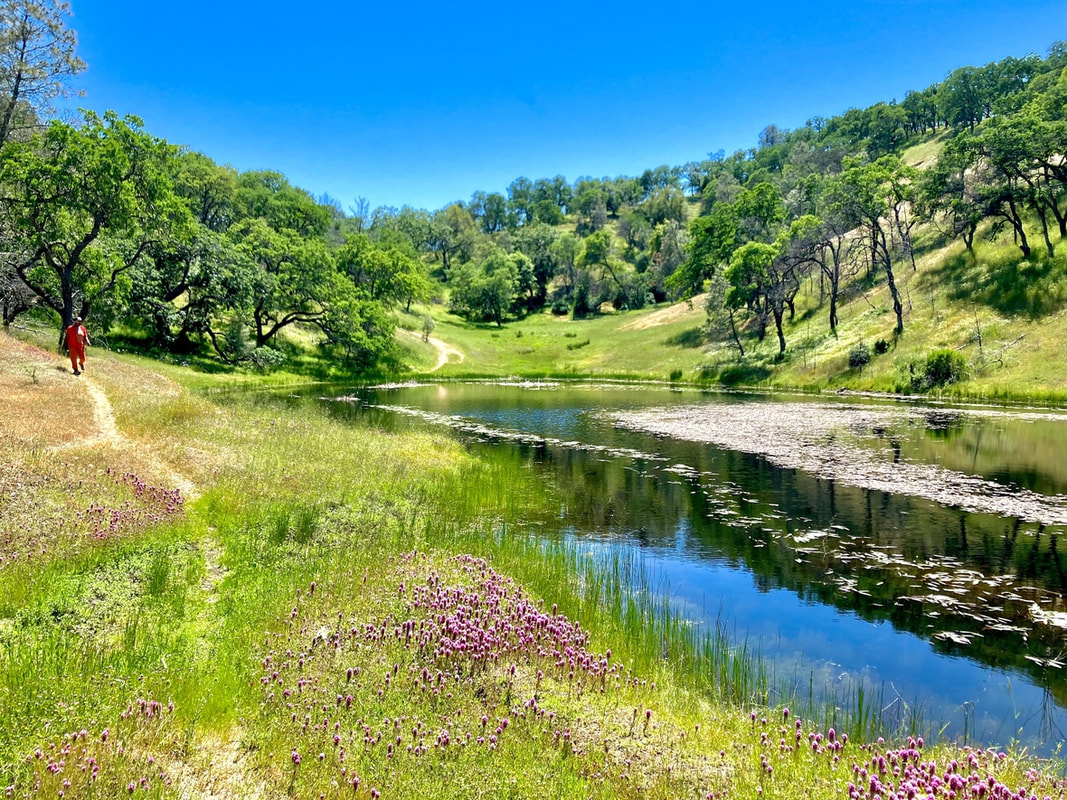
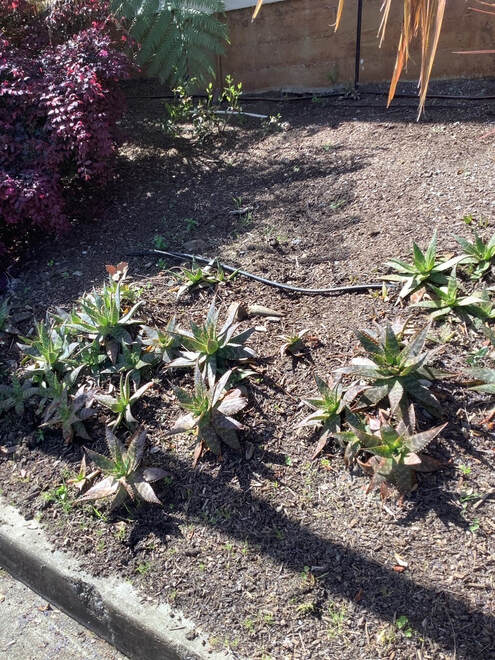
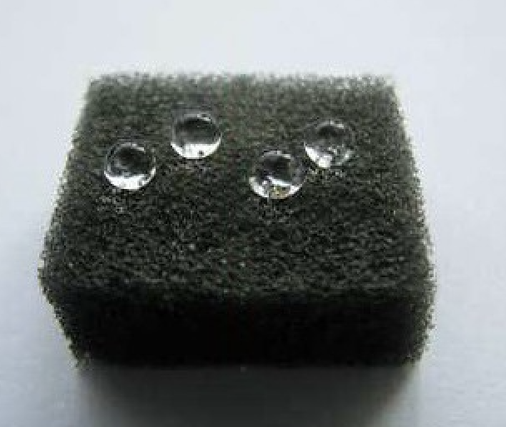
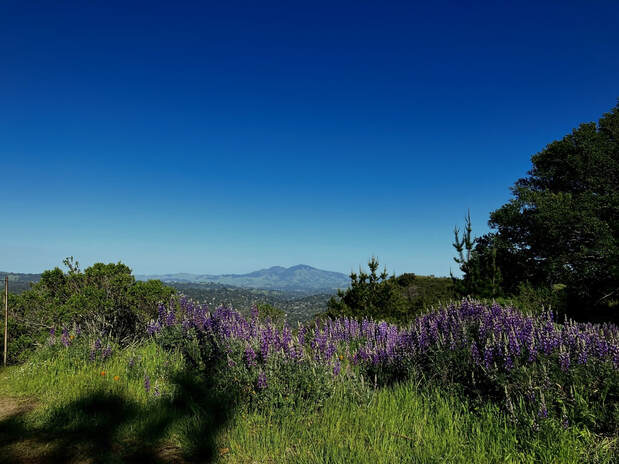
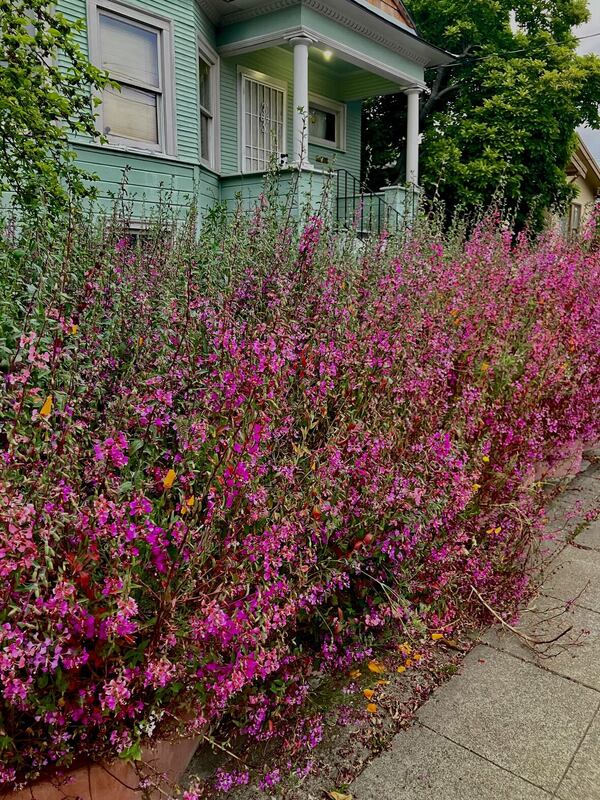
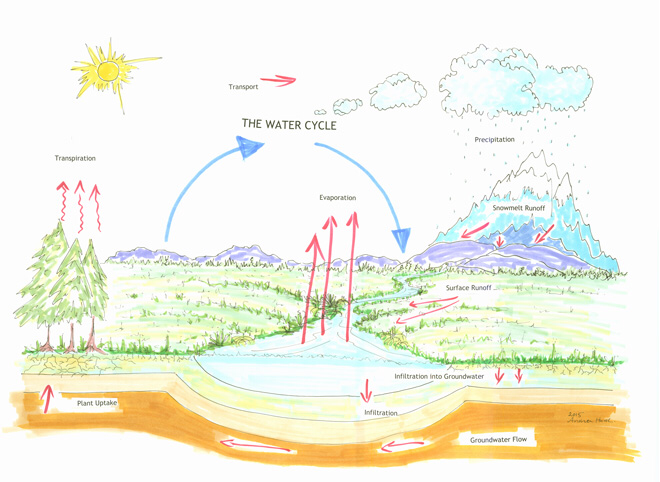
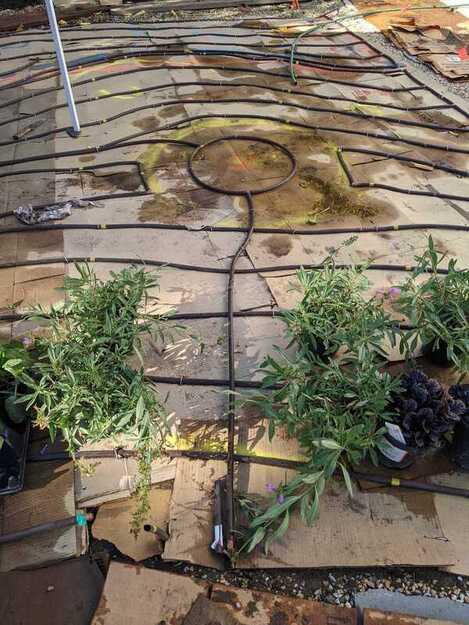
 RSS Feed
RSS Feed